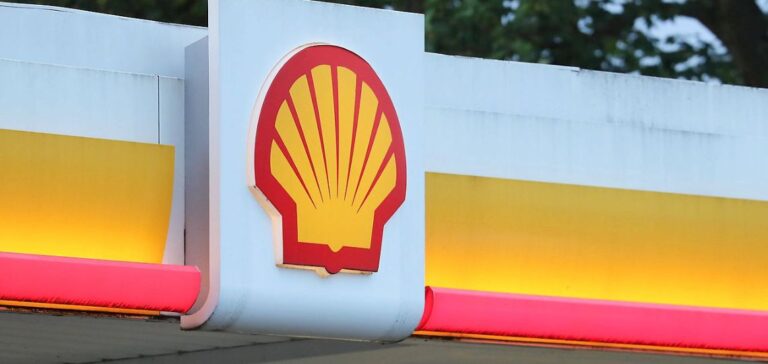Shell plc received broad shareholder backing for its operational strategy during its Annual General Meeting held in London, with 21 of the 22 proposed resolutions adopted. The company confirmed approval for the reappointment of board members, receipt of the annual report, and endorsement of the directors’ remuneration report.
Targeted dissent on liquefied natural gas
Resolution 22, which focused on aligning Shell’s liquefied natural gas (LNG) operations with its broader strategic commitments, was rejected by 79.44% of voters. The motion had sought increased transparency on how LNG fits into Shell’s long-term strategy, particularly in relation to its climate commitments. This rejection contrasted sharply with the high approval rates for the remaining items on the agenda, some of which received as much as 99.70% support.
Shell stated it would engage shareholders to better understand their opposition and committed to publishing a report within six months. “We recognise the importance of continuing to engage with our investors to better understand their concerns,” the company said in an official statement.
Strong backing for Wael Sawan’s leadership
Chief Executive Officer Wael Sawan retained shareholder confidence, along with the rest of the board. He reiterated that Shell’s strategy is designed to invest in today’s energy systems while preparing the infrastructure of the future. The approved strategy is anchored in three pillars: financial performance, operational discipline, and portfolio simplification.
Additionally, Shell plans to publish a dedicated document on its website outlining its LNG operations and their alignment with the company’s broader strategy. The note is expected to detail market challenges and medium-term development outlooks, in response to feedback raised during the meeting.
Structural changes and asset disposals
At the organisational level, Shell USA confirmed the appointment of Colette Hirstius as its new President, succeeding Gretchen Watkins. This leadership transition comes as Shell makes adjustments to its U.S. operations, notably with the launch of production at the Dover project in the Gulf of Mexico. The deepwater site is expected to yield up to 20,000 barrels of oil equivalent per day.
Shell also announced the sale of its 16.125% stake in Colonial Enterprises to Brookfield Infrastructure Partners for $1.45bn. The divestment, still subject to regulatory approval, is expected to close in the fourth quarter. It aligns with the group’s strategy to streamline its portfolio and focus on areas where it maintains a clear competitive edge.






















